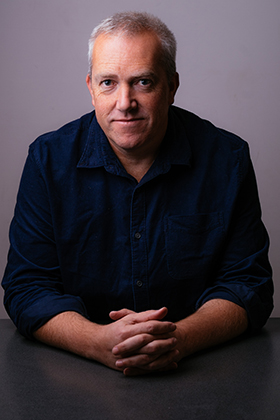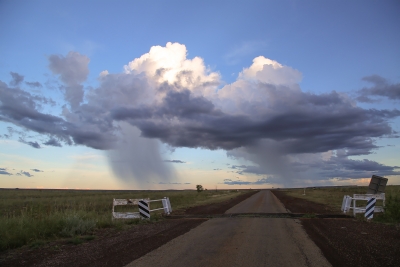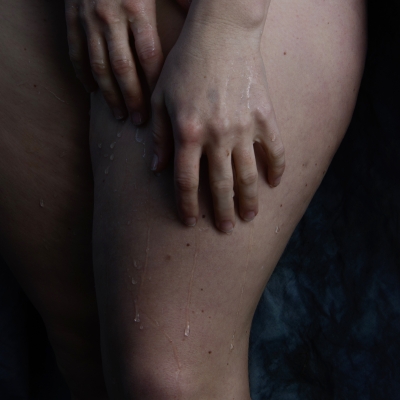Calibre Prize Essays
Nah Doongh was among the first generation of Aboriginal children who grew up in a conquered land. She was born around 1800 in the Country near present-day Kingswood, just south-east of Moorroo Morack, Penrith, and she lived until the late 1890s ...
... (read more)I swim at night, carving through water full of chlorine and tasting of mould, turning lap after lap before the pool closes down, while cells inside me hurry into being like bubbles under a running tap. The lifeguard stalks along beside the pool watching me. I know he’s trying to get me out, but I can’t stop swimming ...
... (read more)ABR News: Giveaways to Cat on a Hot Tin Roof , Slaughterhouse Five, and The Chaperone; Story of the Month; submissions open for fortyfivedownstair's Emerging Artist Award 2019; the ABR 2020 European tour; Vicki Laveau-Harvie wins the $50,000 Stella Prize 2019; applications open for The Australian/Vogel’s Literary Award; and more!
... (read more)The setting is a gorgeous, somewhat decayed, many-roomed Georgian mansion in upstate New York, near the Hudson, in 2012. Nine screens placed around a darkened gallery space each show a room of the house, most of them occupied by a person and a musical instrument: a willowy woman in a slip on a chaise longue, ...
... (read more)I signed away ten years of my life at high school. Three hundred or so teenagers did likewise around the country; from Sydney and Melbourne to the wind-rustle quiet of burnt umber townships. We had similar reasons – wanting to be heroes and leaders, chasing self-respect, escaping loose ends, following Simpson and his donkey ...
... (read more)Each year, ABR’s prestigious Calibre Essay Prize, one of the world’s leading prizes for a new essay, attracts some of the finest writers from Australia and overseas.
Last year, the first prize of $5,000 was awarded to
Tehran, April 1987: Going Under - Descending in a stream of arpeggio broken chords: as we moved through night and the vernal air down into the green earth, my mother thought she heard a children’s song on the stairs as the bombs fell cascading. Like bells, bells of Hades sounding out inverted intervals, the bombs fell interminably. The sirens that were singing sang us downward to the damp islands of the underground shelter, a honeycomb under the Tehran metropolis, buzzing with heat-maddened, with death-maddened men and women ...
It is quiet and cool and dark blue. At this depth the pressure on my body is double what it is at the surface: my heartbeat has slowed, blood has started to withdraw from my extremities and move into the space my compressed lungs have created ...
... (read more) Michael Winkler (photograph by Chris Riordan)M
Michael Winkler (photograph by Chris Riordan)M
The history of my onomastic apprehension and misapprehension about the big thing in the middle of Australia: It is called Ayers Rock. No, it is ...
... (read more)



